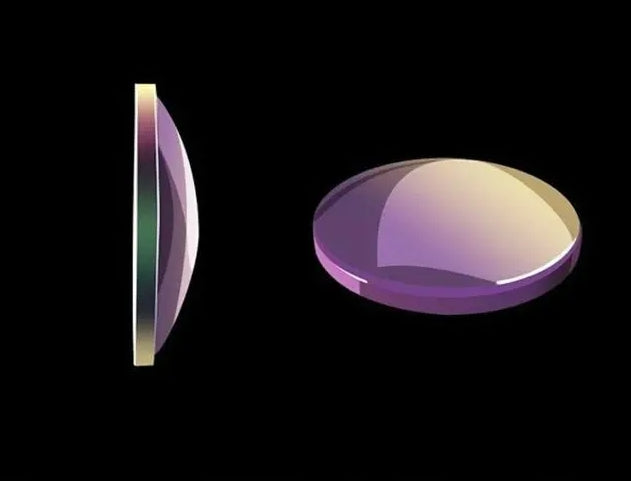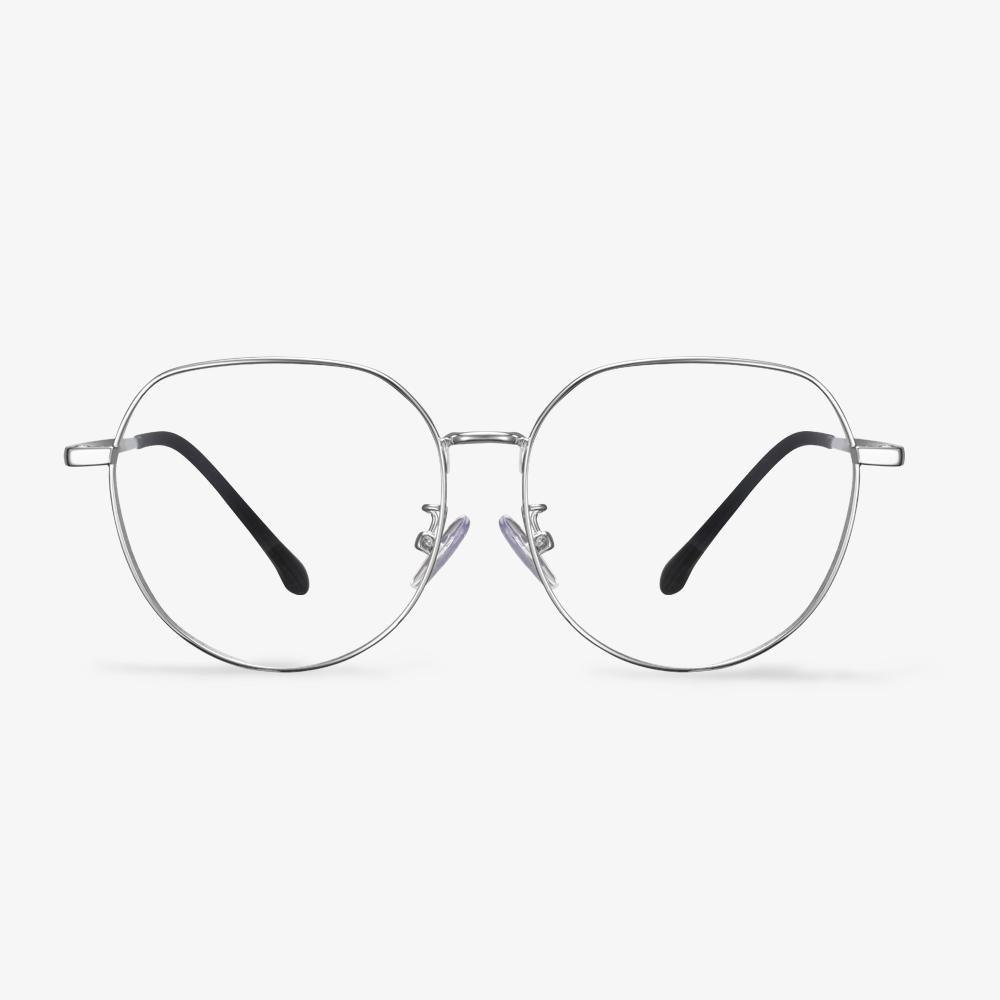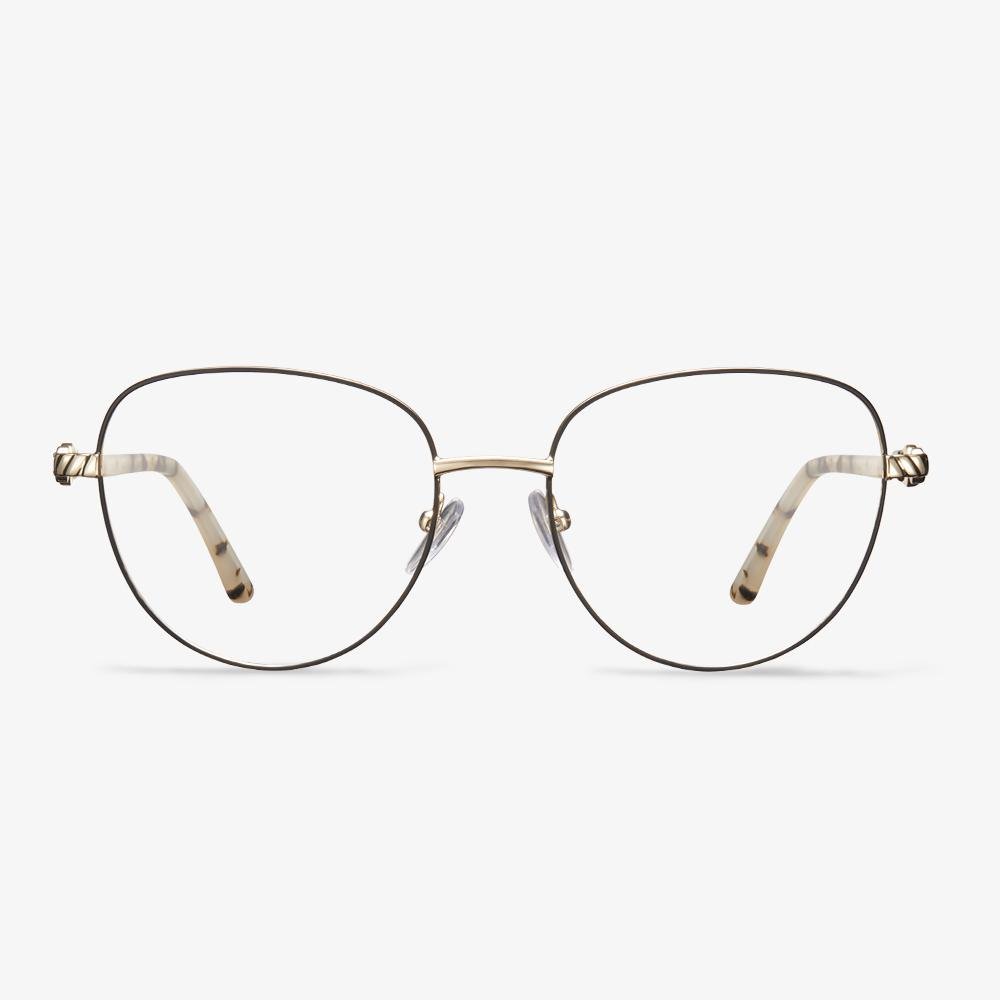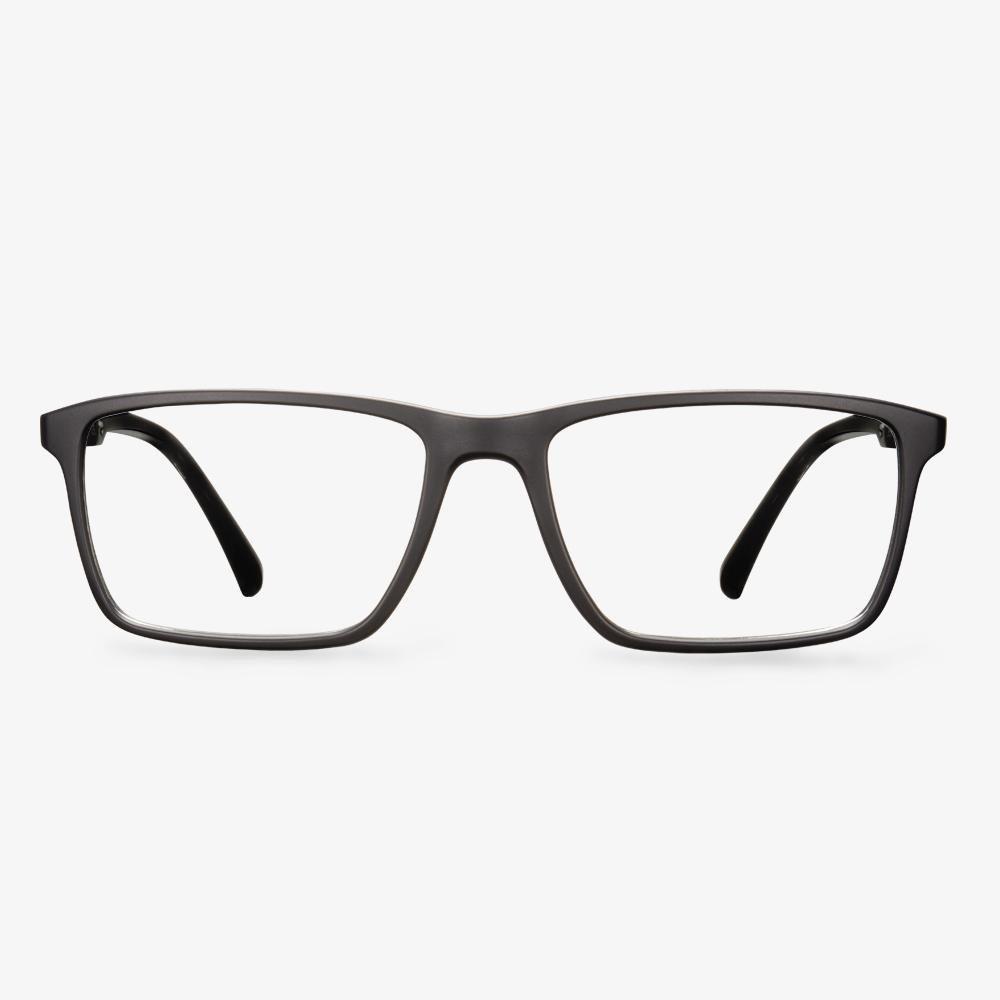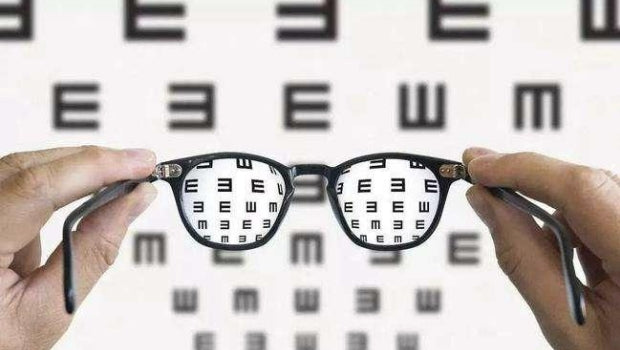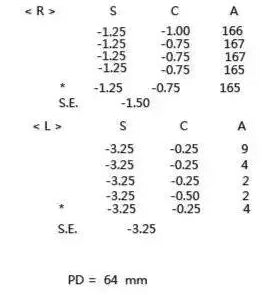When choosing eyeglasses, we often focus on the frames we like, but what about the lenses? Many people are not entirely clear about this. We usually need to consider various factors when selecting lenses, and one of them is the distinction between non-spherical and spherical lenses. So, what are the differences between these two types of lenses? Which one offers more advantages? Let's take a closer look:
Spherical lenses have uniform curvature on both sides, with a single radius of curvature. They are easy to manufacture and relatively inexpensive. However, spherical lenses tend to be thicker, causing significant image distortion, reduced clarity, visual deformation, and a narrower field of vision due to aberrations.
What are Non-spherical Lenses?
As the name suggests, non-spherical lenses do not have a uniform spherical curvature. Instead, they have varying curvatures, known as radii of curvature, which change gradually from the central to peripheral areas. The design of non-spherical lenses ensures the reduction of lens thickness and weight, while minimizing aberrations and providing a more natural visual experience. The flatter base curve of non-spherical lenses enhances aesthetics and reduces visual distortions and fatigue when viewing objects from different distances.
Advantages of Non-spherical Lenses:
Compared to traditional spherical lenses, non-spherical lenses offer several advantages. They provide a wider field of vision by minimizing peripheral distortions that can limit one's sight. The reduced weight and flatter curvature of non-spherical lenses result in a more natural and appealing appearance. Additionally, non-spherical lenses deliver clear and comfortable vision due to their unique coating treatment, offering improved visual performance and a thinner lens profile.
Non-spherical lenses are suitable for:
Individuals with high prescriptions or astigmatism
People with irregular or varying refractive errors
Presbyopic individuals who need bifocal or progressive lenses
Sports enthusiasts
First-time eyeglass wearers
People who prioritize wider peripheral vision
Those concerned about aesthetics
individuals who prefer larger frame styles
Individuals who alternate between contact lenses and eyeglasses
Since non-spherical lenses have numerous advantages, it is essential to differentiate between spherical and non-spherical lenses accurately.
Methods to differentiate:
Using a focimeter: The apex dioptric power of a spherical lens is lower than the peripheral dioptric power, while non-spherical lenses exhibit the opposite trend.
Using a lensometer: Spherical lenses display the same surface curvature, while non-spherical lenses showcase varying curvatures depending on the area.
Visual observation: In terms of appearance, non-spherical lenses appear flatter and thinner than spherical lenses, providing a more realistic and natural visual experience. When observing the reflection of a light source on the lens coating, spherical lenses usually display a straight reflection (excluding high prescriptions), while non-spherical lenses exhibit a curved reflection due to differing surface curvatures.
In recent years, non-spherical lenses have gained a significant market share compared to spherical lenses. This widespread adoption demonstrates the numerous advantages of non-spherical lenses. However, it is crucial to note that not everyone is suitable for non-spherical lenses. When selecting lenses, it's essential to consider individual eye characteristics, taking into account various parameters to choose the lenses that best suit your needs.
















